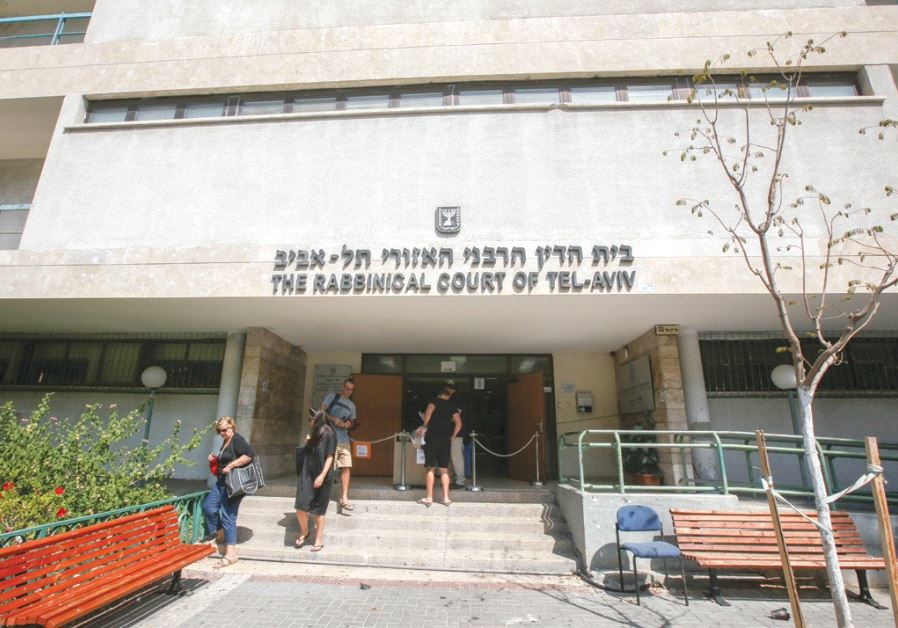A historic decision on female inclusion in rabbinical courts?
While a recent ruling by the High Court now permits women to head Israel's rabbinical court system, it doesn't actually mean a woman will get the job.
 The Rabbinical Court of Tel Aviv(photo credit: MARC ISRAEL SELLEM)
The Rabbinical Court of Tel Aviv(photo credit: MARC ISRAEL SELLEM)